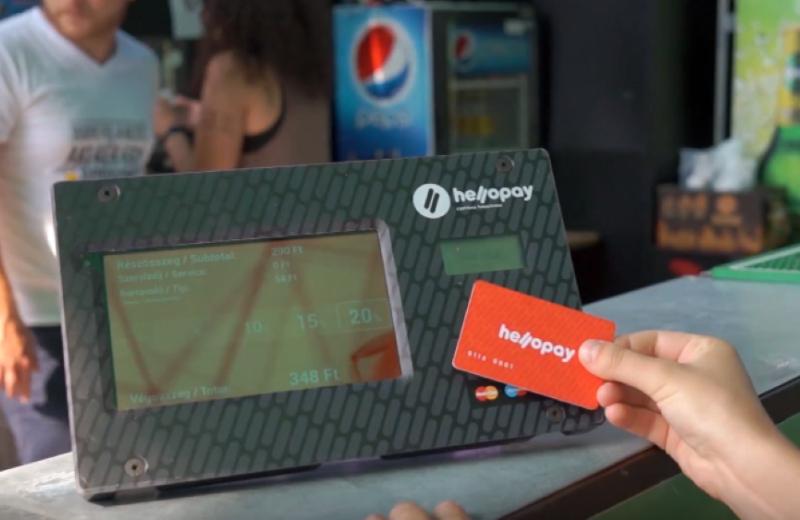- Hello Pay, a South African fintech company, is providing merchants, micro and small enterprises with access to business loans of up to R250,000 that are both competitive and commercially attractive
- Hello Pay provides a range of loan amounts, from R30,000 up to R250,000, In addition, the Hello loans’ interest rates are among the industry’s most reasonable rates
- SMEs account for more than 98 per cent of all businesses, provide employment for between 50 and 60 per cent of the country’s workforce in all industries and are responsible for 25 per cent of the job growth in the private sector
Every dollar counts; therefore, business owners throughout the country are keeping a careful check on their budgets and cash flow in light of two significant increases in interest rates in the first half of 2022 alone.
Hello Pay, a South African fintech company, is acting as a champion for financial inclusion and developing small and medium-sized businesses (SMEs) in the country. To that end, the company is providing merchants, micro and small enterprises with access to business loans of up to R250,000 that are both competitive and commercially attractive.
The Hello Pay Business Loan is a component of the recently introduced Hello Pay Business Solution, which is an all-inclusive set of services designed to facilitate growth, minimise costs, and provide access to critical financial assistance for owners of small businesses.
“SMEs and entrepreneurship are frequently highlighted as a cure to South Africa’s economic challenges. However, very little is supplied in practical terms to allow young enterprises with access to finance to thrive,” says Zunaid Miya, Managing Director of Hello Pay.
According to Miya, this strategy is a crucial change from providing finance to consumers for purchase, which merely serves to trap more people in a cycle of perpetual debt.
“Hello Pay is happy to be a leader in providing competitive loans to entrepreneurs and SMEs so they can use the money for income-generating assets and endeavours that eventually help to reduce poverty and create wealth,” she added.
Hello Pay provides a range of loan amounts, from R30,000 up to R250,000. In addition, the Hello loans’ interest rates are among the industry’s most reasonable rates. Anyone interested in expanding their company is eligible to apply for a loan; Muslim business owners are not the only ones who can do so. The loan can be repaid by the proprietors of the business over a period of up to a year.
“We provide entrepreneurs with the assistance they require to grow into profitable and sustainable enterprises.” Given the enormous challenges that SMEs face, Hello Pay is delighted to play a role in connecting thousands of meriting business owners with solid financial services so that they can focus on running their businesses and providing necessary goods and services to millions of South Africans” Miya explains.
According to Miya, the primary duty of recovering the economy and producing millions of new jobs falls squarely on the shoulders of individuals who start their own enterprises or work for smaller companies.
“We owe it to them to establish a climate that is conducive to doing business. A smart place to begin would be to offer support that can be put into action and has some real-world significance. Hello Pay has been at the frontline of enabling entrepreneurs in various sectors of the economy, first by providing innovative payment solutions that now have grown to incorporate an end-to-end suite of benefits that are particularly suited to meet the needs of our market,” says Miya.
According to the business advisory consultancy firm McKinsey & Company, small and medium-sized enterprises (SMEs) are the driving force behind South Africa’s economy. These enterprises account for more than 98 per cent of all businesses, provide employment for between 50 and 60 per cent of the country’s workforce in all industries, and are responsible for 25 per cent of the job growth in the private sector.
Even though small and medium-sized enterprises (SMEs) in South Africa contribute only 39 per cent to the country’s gross domestic product (compared to 57 per cent in the EU), there is little question that this sector is a vital economic driver.
